The key projects of this final stretch of Congress, beyond the labor reform, that have gone unnoticed

The week in Congress has been busy, and the most talked-about bill is the labor reform bill, which was approved Tuesday in the Senate. Also in the spotlight was the referendum 2.0, which failed in that same body.
However , the legislative agenda has continued to advance, with bills authored by congressmen that have already passed their final debate, and others that have been reconciled for approval by President Gustavo Petro.
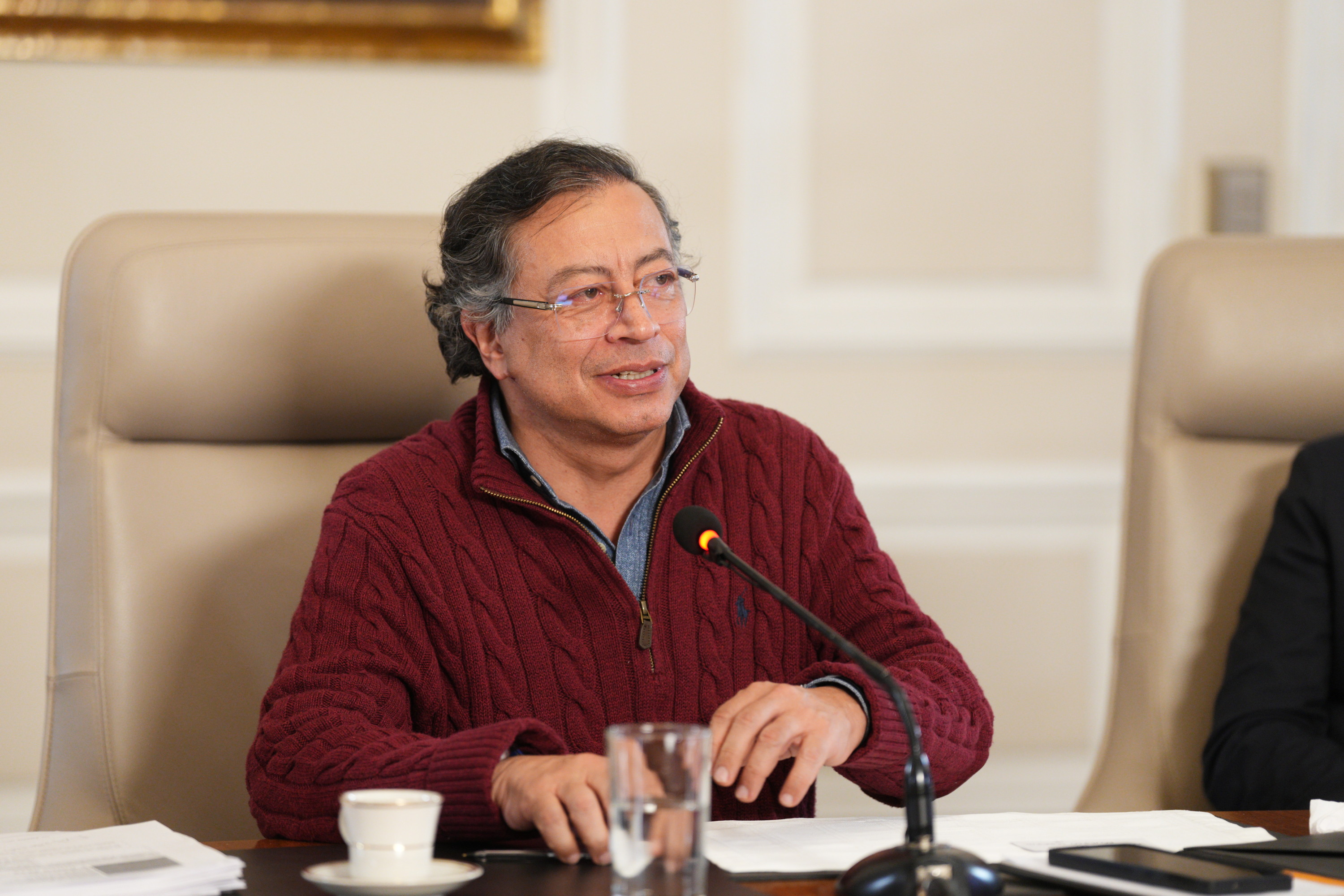
Gustavo Petro, President of Colombia Photo: Presidency
Yesterday was a busy day for conciliation in both the House and the Senate. One of these bills was the justice reform initiative, which had been approved in its last debate in the House on May 27.
The initiative, presented by the Attorney General's Office, the Ministry of Justice, and the Supreme Court, is one step away from becoming law. It seeks to expand benefits such as the principle of opportunity and reparation in the accusatory criminal justice system , in order to reduce congestion, speed up response times, and prevent the statute of limitations in thousands of cases.
The bill approved by the Legal Commission on Children and Adolescents in Congress is moving along the same lines .
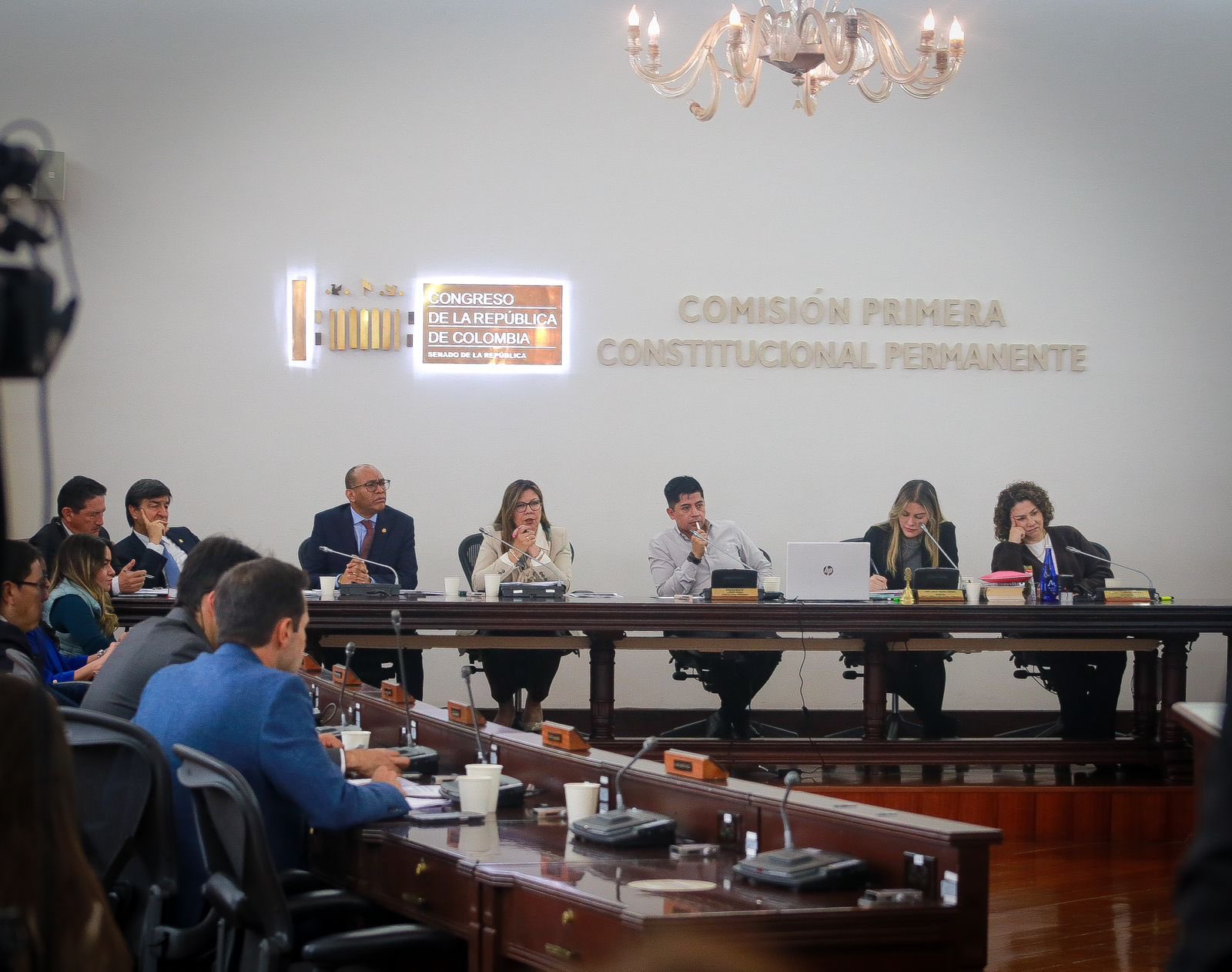
Public hearing on justice reform in Senate Committee I. Photo: Senate Press
This initiative, which was first introduced in 2015 and failed in various legislatures due to a lack of political will, was led by Representative Érika Tatiana Sánchez, president of the current Temporary Commission for Children, in collaboration with more than 52 civil society organizations.
“This is a historic event. We are now just one step away from President Gustavo Petro signing into law the bill approved by this Congress of the Republic, which seeks to create the Legal Commission for Children. Our children will continue to be the priority on the legislative agendas of this Congress and future Congresses,” said Congresswoman Sánchez.
The same congresswoman also promoted the bill that makes esports an official sport. “ This law is a benefit to the country on all fronts: it promotes sports, industry, commerce, and, above all, it opens the doors to thousands of young people who make a living in the digital economy, providing them with a great opportunity for advancement and recognition,” emphasized the congresswoman from Santander.
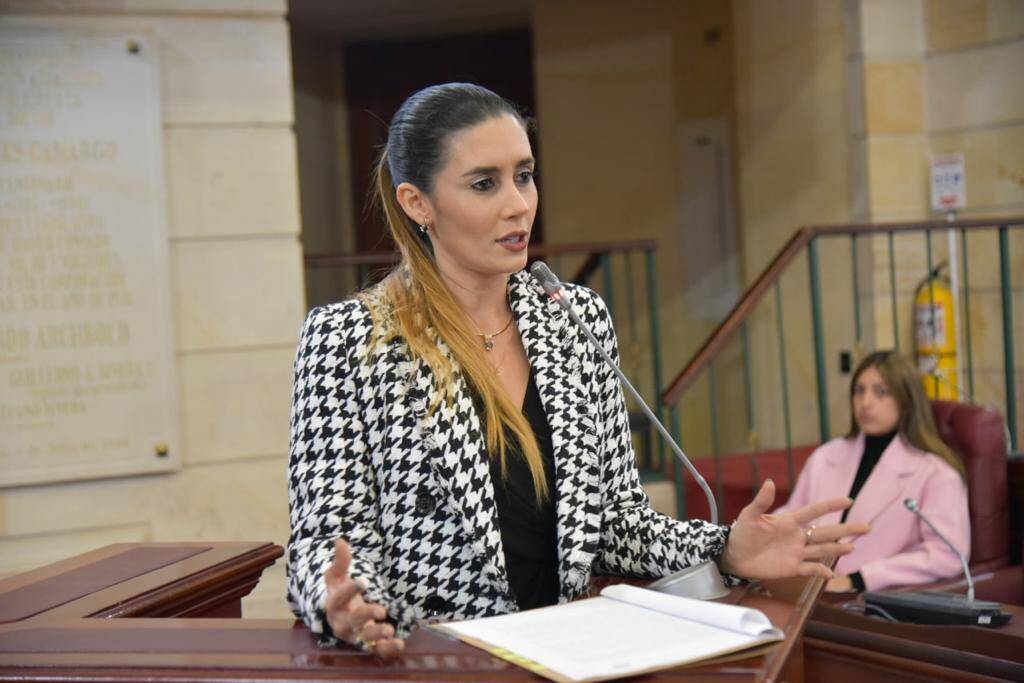
Erika Tatiana Sánchez, House Representative for Santander. Photo: Erika Tatiana Sánchez Press
The initiative's articles establish guiding principles for esports practice, the recognition of organizations, clubs, and federations, player development , the promotion of national talent, and coordination with academia and the entertainment sector.
On the animal welfare issue, two texts were also reconciled: the bill regulating pet care services, known as the Kiara Law, and the bill seeking to create Regional Animal Welfare Centers, formulating guidelines for their development, operation, and functioning.
Approved projects and one that raises doubts The Senate also approved a bill that adopts measures to alleviate the financial obligations of small and medium-sized agricultural producers.
The initiative proposes the cancellation of debts of up to 18 months, forgiveness of interest, payment agreements, access to new credit, and the suspension of legal collections.
"This bill seeks to help overcome the challenges of high debt levels and the exclusion of small and medium-sized producers from the financial sector," said Senator Carolina Espitia, the bill's sponsor.
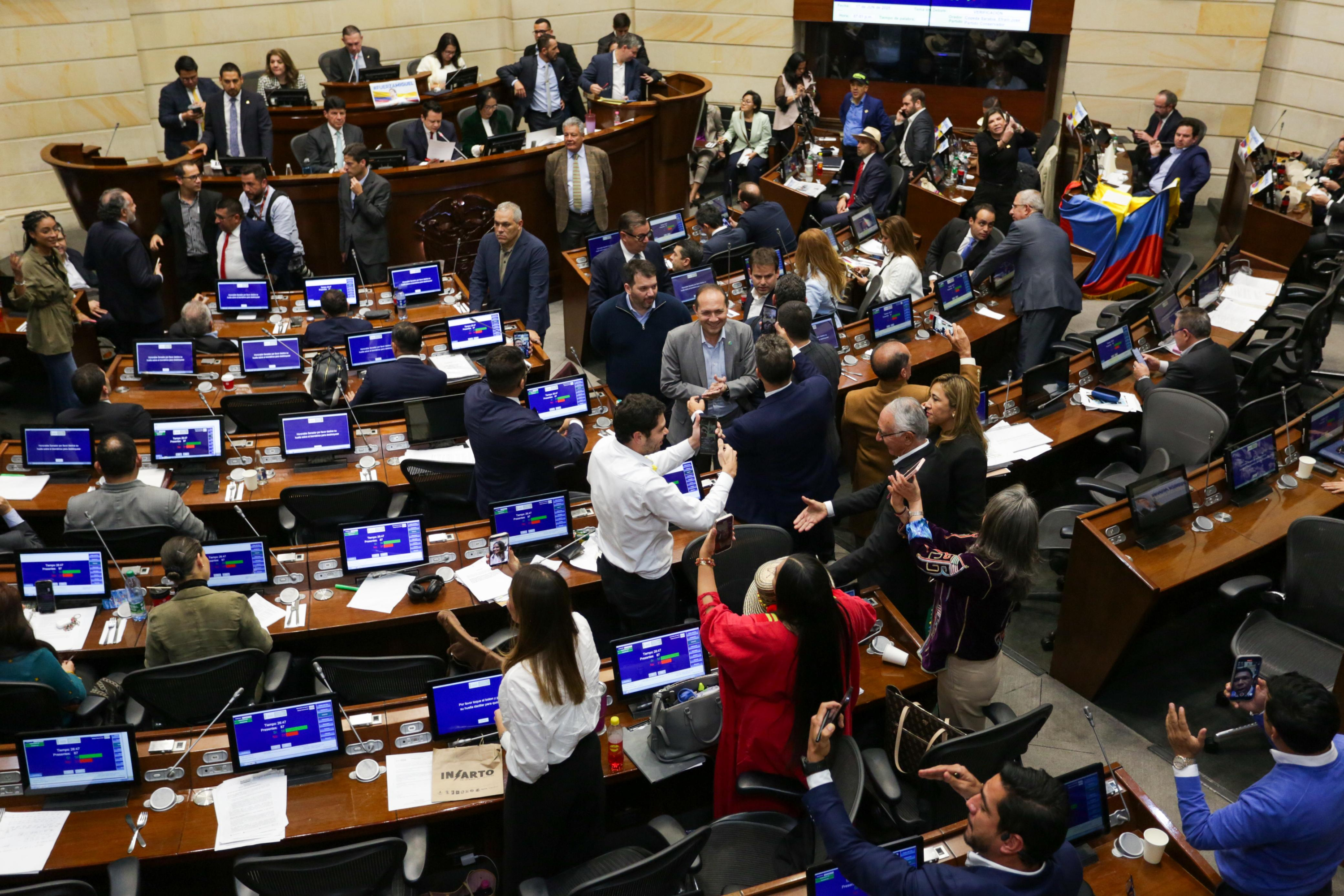
Senate Plenary Session. Photo: César Melgarejo/El Tiempo
Today , important projects will continue to be discussed, such as the one creating the Women's Entrepreneurship Fund (FEM), which is on the House agenda.
On the other hand, there is a controversial bill that is also on the Senate's agenda. This initiative establishes alkaline hydrolysis and other new technologies as funeral services for the final disposal of corpses.
The bill is awaiting a final vote in the Senate plenary session, but it has generated controversy, as some sectors point out that it could lead to increased water consumption and DNA degradation.
“Alkaline hydrolysis DOES degrade DNA! As a chemist, who has worked with DNA since my master's degree, I can tell you this. This statement is supported by the former director of Forensic Medicine, Carlos Eduardo Valdés. Watch out, senators!” warned Alexandra Vásquez, a representative of the Historic Pact.
Regarding the arguments related to water consumption, Johanna Estrada, a representative of the funeral industry, told this newspaper: "The hydrolysis process uses a maximum of 500 liters of water, and the water can be recirculated after treatment. Finally, the parameters of Resolution 631 of 2015 must be met for discharging the water."
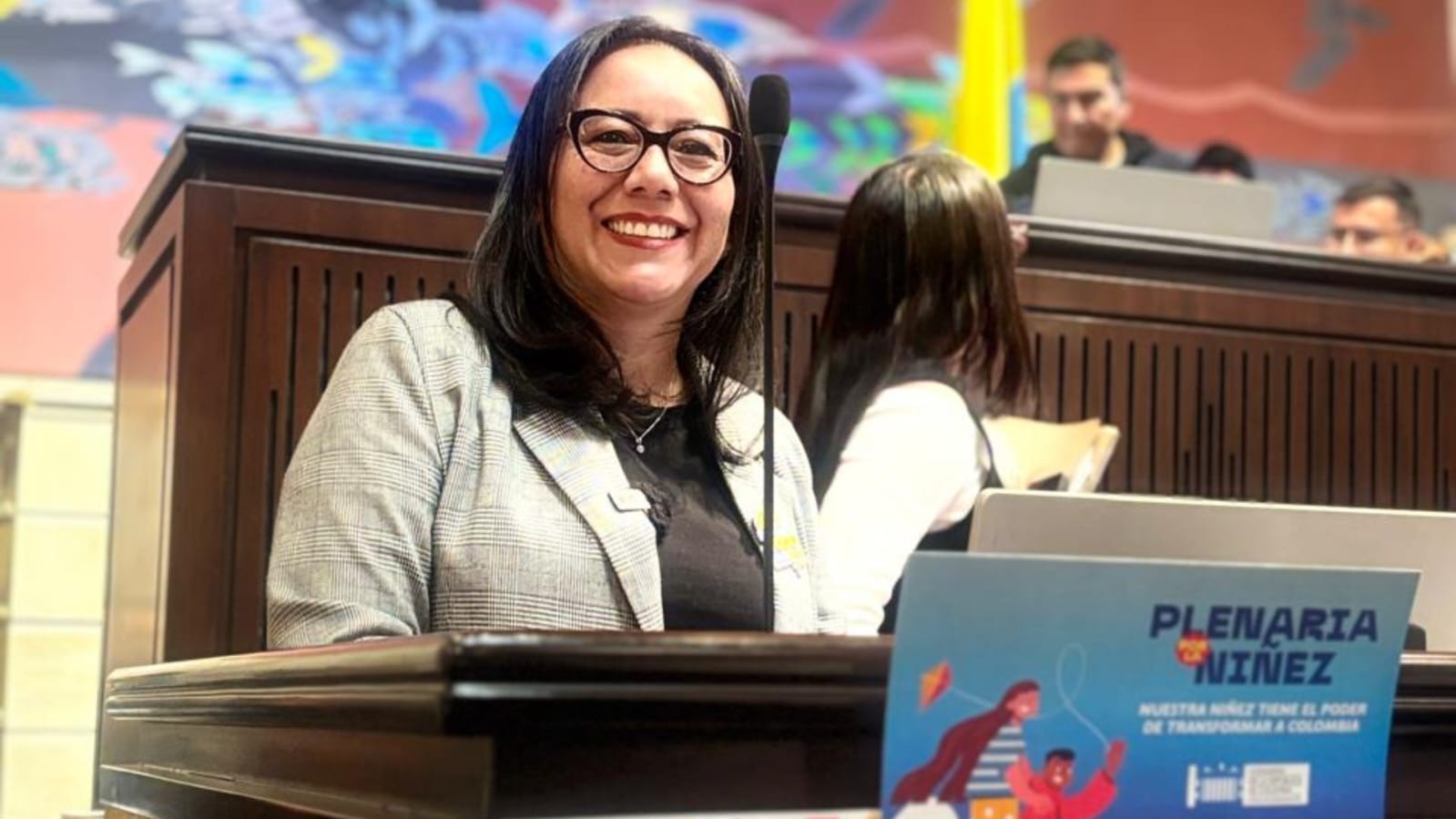
Representative Alexandra Vásquez. Photo: Alexandra Vásquez Press
However, some experts point out: “Alkaline hydrolysis is a process that uses water with an alkaline solution, under controlled conditions of pressure and temperature, to decompose the human body. The result is only skeletal remains, which are later returned as ashes, just like traditional cremation . Unlike traditional cremation, it produces no toxic emissions or greenhouse gases.”
Likewise, experts consulted by EL TIEMPO point out that DNA does not degrade and that some studies from the University of Antioquia demonstrate that after performing the procedure on bone remains, traces of molecules containing genetic information remain.
In Congress, some key bills are also in jeopardy, such as the one that sought to lower the salaries of congressmen, who currently earn 48 million pesos per month, and which was intended to be reduced to 20 times the current legal minimum wage.
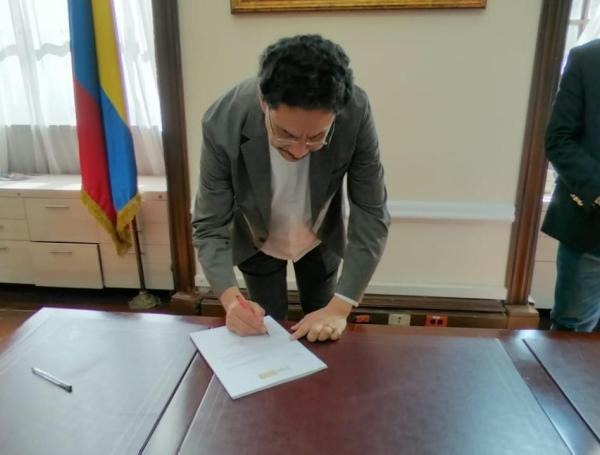
Iván Cepeda during the project's filing. Photo: Camilo Castillo / EL TIEMPO
The atmosphere for discussion of the bill was never favorable. From the moment it began its processing in the Senate's First Committee, the fate of this initiative, submitted by Senator Iván Cepeda after the tax reform was shelved in December, was already predictable. In that first debate, the bill stalled for more than six sessions, then only managed to make it onto the agenda for one session in the plenary session.
Since 2016, 26 similar projects have been submitted, but they have all failed for the same reasons: they are not included on the agenda and are not processed.
Likewise, on June 20th, the bill seeking to legally recognize vicarious violence, which is when harm to children or loved ones becomes a weapon against women or men, is reportedly being sunk. This is also an initiative seeking to dignify domestic work.
Maria Alejandra Gonzalez Duarte
eltiempo





